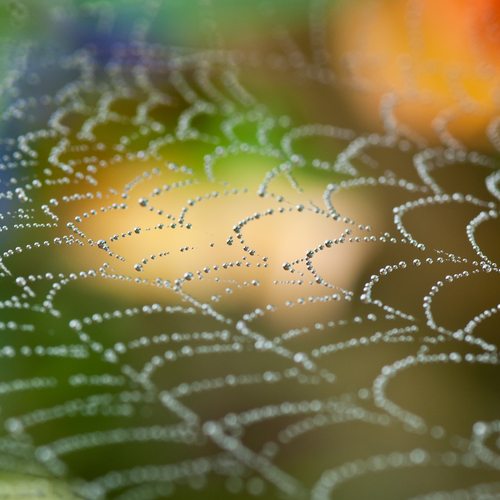
Ian Grainger / Shutterstock.com
July 27, 2012; Source: Kansas City Star
Sign up for our free newsletters
Subscribe to NPQ's newsletters to have our top stories delivered directly to your inbox.
By signing up, you agree to our privacy policy and terms of use, and to receive messages from NPQ and our partners.
Google’s big announcement that it will offer ultra-high-speed Internet and fiber television in Kansas City later this year seems, at first glance, to be a story about Internet consumers. But the story has a couple of interesting angles for the social sector as well. A year ago, Google announced that it would wire one city in America with “Google Fiber,” an Internet service 100 times faster than high-speed services available in most parts of the country. Google choose Kansas City, Kan. as its first site and later said Kansas City, Mo. would also be included in the demonstration project. Google and the two cities have talked about how the service could spark economic development, build neighborhoods and communities, and help arts, health care and cultural groups do innovative new things.
Google’s recent announcement included a new plan that would allow residents to connect to the Google Fiber network for both Internet and television. Google also tossed out a new term: “fiberhood.” It divided up the initial areas of each state’s Kansas City into sectors where neighbors can, essentially, work together to compete for the service. The first “fiberhoods” to get 40-80 households to sign up will be the first to get the service. There are several interesting aspects to this competition:
- Reducing the digital divide: Google is addressing a Mayors’ Bistate Innovation Team report calling for Google and the cities to work together to lessen the digital divide. Under the fiberhood concept, if enough people in the neighborhoods agree to sign up for a two-year contract at $120 a month for TV and Internet, anyone in the neighborhood can get average-speed broadband for free (after paying a $300 connection fee, that is).
- Local nonprofits and institutions benefit from the creation of the fiberhood. When a neighborhood gets wired for ultra-high-speed Internet, schools, libraries, public safety services and health care institutions also get wired—for free. That means there will be a chance to see how those organizations can use the superfast Internet connections to serve their communities better.
- Google television will include programming from local organizations. Google says it’s already working with organizations like the University of Kansas Medical Center in Kansas City to create a content publishing platform. That could make more local content available and help organizations get their messages out.
A related report by the Social Media Club of Kansas City has suggested ways nonprofits could increase efficiency and effectiveness, coordinate outreach activities and provide greater access to programs in light of the Google Fiber development. The report sees promise for increased audience interaction and collaboration among arts groups, but it also cautions that, since tech savvy entrepreneurs are best positioned to take advantage of Google Fiber, Kansas City needs to stay focused on how everyone can benefit. –Mary Jo Draper













